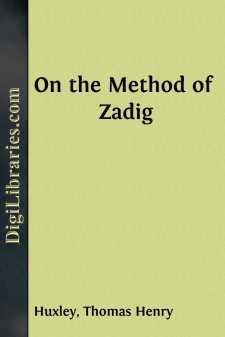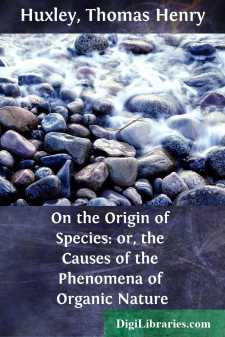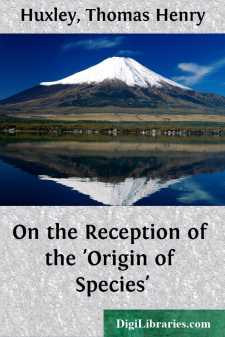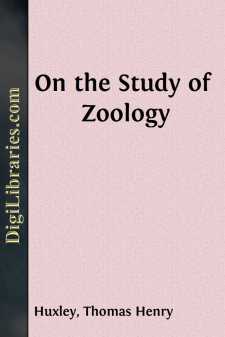Categories
- Antiques & Collectibles 13
- Architecture 36
- Art 48
- Bibles 22
- Biography & Autobiography 813
- Body, Mind & Spirit 142
- Business & Economics 28
- Children's Books 17
- Children's Fiction 14
- Computers 4
- Cooking 94
- Crafts & Hobbies 4
- Drama 346
- Education 46
- Family & Relationships 57
- Fiction 11829
- Games 19
- Gardening 17
- Health & Fitness 34
- History 1377
- House & Home 1
- Humor 147
- Juvenile Fiction 1873
- Juvenile Nonfiction 202
- Language Arts & Disciplines 88
- Law 16
- Literary Collections 686
- Literary Criticism 179
- Mathematics 13
- Medical 41
- Music 40
- Nature 179
- Non-Classifiable 1768
- Performing Arts 7
- Periodicals 1453
- Philosophy 64
- Photography 2
- Poetry 896
- Political Science 203
- Psychology 42
- Reference 154
- Religion 513
- Science 126
- Self-Help 84
- Social Science 81
- Sports & Recreation 34
- Study Aids 3
- Technology & Engineering 59
- Transportation 23
- Travel 463
- True Crime 29
Sort by:
This time two hundred years ago—in the beginning of January, 1666—those of our forefathers who inhabited this great and ancient city, took breath between the shocks of two fearful calamities: one not quite past, although its fury had abated; the other to come. Within a few yards of the very spot on which we are assembled, so the tradition runs, that painful and deadly malady, the plague, appeared...
more...
It is an usual and a commendable practice to preface the discussion of the views of a philosophic thinker by some account of the man and of the circumstances which shaped his life and coloured his way of looking at things; but, though Zadig is cited in one of the most important chapters of Cuvier's greatest work, little is known about him, and that little might perhaps be better authenticated than...
more...
IN the preceding five lectures I have endeavoured to give you an account of those facts, and of those reasonings from facts, which form the data upon which all theories regarding the causes of the phenomena of organic nature must be based. And, although I have had frequent occasion to quote Mr. Darwin—as all persons hereafter, in speaking upon these subjects, will have occasion to quote his famous...
more...
ON THE RECEPTION OF THE 'ORIGIN OF SPECIES.' To the present generation, that is to say, the people a few years on the hither and thither side of thirty, the name of Charles Darwin stands alongside of those of Isaac Newton and Michael Faraday; and, like them, calls up the grand ideal of a searcher after truth and interpreter of Nature. They think of him who bore it as a rare combination of...
more...
THE question of questions for mankind—the problem which underlies all others, and is more deeply interesting than any other—is the ascertainment of the place which Man occupies in nature and of his relations to the universe of things. Whence our race has come; what are the limits of our power over nature, and of nature's power over us; to what goal we are tending; are the problems which...
more...
NATURAL HISTORY is the name familiarly applied to the study of the properties of such natural bodies as minerals, plants, and animals; the sciences which embody the knowledge man has acquired upon these subjects are commonly termed Natural Sciences, in contradistinction to other so-called "physical" sciences; and those who devote themselves especially to the pursuit of such sciences have been...
more...
MR. DARWIN'S long-standing and well-earned scientific eminence probably renders him indifferent to that social notoriety which passes by the name of success; but if the calm spirit of the philosopher have not yet wholly superseded the ambition and the vanity of the carnal man within him, he must be well satisfied with the results of his venture in publishing the 'Origin of Species'....
more...
Almost all the processes employed in the arts and manufactures fall within the range either of physics or of chemistry. In order to improve them, one must thoroughly understand them; and no one has a chance of really understanding them, unless he has obtained that mastery of principles and that habit of dealing with facts, which is given by long-continued and well-directed purely scientific training in...
more...
The most obvious and the most distinctive features of the History of Civilisation, during the last fifty years, is the wonderful increase of industrial production by the application of machinery, the improvement of old technical processes and the invention of new ones, accompanied by an even more remarkable development of old and new means of locomotion and intercommunication. By this rapid and vast...
more...
Our fabulist warns "those who in quarrels interpose" of the fate which is probably in store for them; and, in venturing to place myself between so powerful a controversialist as Mr. Gladstone and the eminent divine whom he assaults with such vigour in the last number of this Review, I am fully aware that I run great danger of verifying Gay's prediction. Moreover, it is quite possible that...
more...











